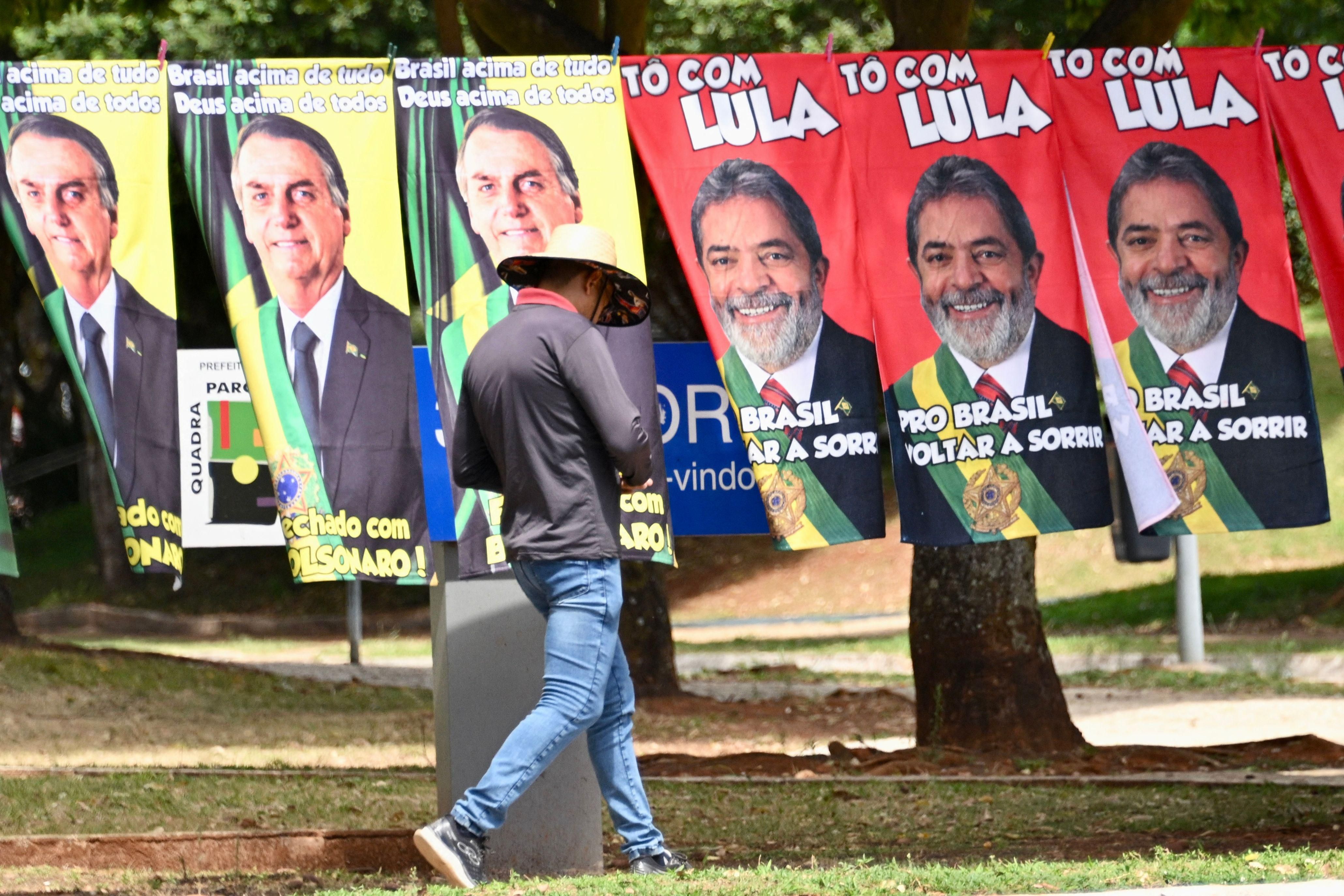
Authoritarianism, once seen as a trend to watch, can now be considered an invasive species. It has been on the rise in different parts of the globe, fueled, among other things, by anti-rights rhetoric that is pervasive, deceptive and coordinated, and made visible through disinformation campaigns, attacks on journalists and constant erosion of civic space. It continues to spread.
Brazilian civic space needs to be protected to ensure that journalists, activists and human rights defenders don't become an endangered species.
In Latin America, democracy has been rapidly deteriorating. In a meeting of freedom of expression groups during the COLPIN Forum 2021, civil society—including a majority of IFEX members—expressed serious concern with this situation, stating that "[t]he ascendancy of authoritarianisms, both right and left, has deepened in most of our countries, putting the foundations of democracy at stake. We have verified that, in the framework of the pandemic, these authoritarian expressions have been a source of manipulation and disinformation and have increased the practices of concealment and obstacles to access to information. In this framework, we can see the existence of regimes in the region, where the rule of law is practically non-existent and where a totalitarian logic prevails that asphyxiates any citizen expression. Journalism in exile has multiplied in the region."
Authoritarianism is not new to Latin America. It has followed the region's history and has recently re-emerged with strength as a response to voters showing frustration with old-school parties, particularly in countries plagued by corruption, insecurity and economic inequality. Tools provided by technology have catalyzed the reach and influence of a discourse that exploits these fears, offering shallow alternatives. The result are regimes characterized by individualistic and populistic leaders, the breaking of constitutional norms, and abuses of power.
Civil society has for long faced this long-standing threat. Maybe that is why Latin America is one of the regions in the world where the highest number of killings of journalists and human rights defenders has been reported. During January 2022 alone, 20 human rights defenders and four journalists were killed across the region. The numbers today are much higher.
It is in the midst of this regional and global context that, on October 2, Brazil elections will take place. The polls follow a fierce campaign that has had polarization at its center. Polarization has been fomented and augmented by tactics and techniques that build on the abusive use of new and emerging technology, but which weaponizes old narratives rooted in prejudice, racism, misogyny and a total non-acceptance of 'the other.' Values like diversity and plurality have been attacked, along with those who defend them.
The signs are clear—Brazil has been seeing a dramatic decline in civil liberties in the last years. During his current campaign, Bolsonaro is attacking institutions, discrediting the electoral process and fiercely promoting weaponization and guns. There is no doubt that the future of democracy in Brazil will be decided in early October.
Brazil, as Latin America's largest economy and the fourth-largest democracy in the world, is the canary in the coal mine, and one could argue that it is the future of global democracy that is at stake in the upcoming pools. Not only of democracy, but of human rights and environmental sustainability.
So, what's next for Brazil?
There is no simple answer to that question. Even if Bolsonaro is not re-elected, the challenges ahead are gigantic. But if he wins, the authoritarian project wins. And Brazil will become another pin in the map, an additional territory where the roots of authoritarianism grow deeper and more entrenched.
Brazilian civic space needs to be protected to ensure that journalists, activists and human rights defenders don't become an endangered species. We need to defend democracy by promoting freedom of expression and strengthening civil society.
Civil society groups and journalists have a critical role to play—they have been exposing and correcting weaponized disinformation that aims to mislead voters and suppress voting during elections in every region of the world.
In Brazil, IFEX members—the Brazilian Association for Investigative Journalism and Artigo19—have been working to ensure the safety of journalists, the right to protest, the right to information and the right to participation. They have, for example, requested presidential candidates' commitment to freedom of expression; they have been promoting fact-checking initiatives; have worked to incentive participation and information about the electoral process amongst the youth; and have promoted debate and discussion about issues central to our current democratic struggles, such as disinformation, hate speech, transparency, political violence and social media.
What they need now is our attention and support. They need to know they are not alone and that we will be watching the polls and their aftermath in early October. IFEX members throughout the region and beyond have shown their solidarity through a concerted social media campaign that calls to: #DefendJournalism #ProtectCivicSpace in Brazil. If not, the authoritarianism playbook will continue to proliferate across the map.
Don't be silent. Let's keep our eyes on Brazil and support the frontline work of those defending democracy. Join us in this call!
This content originally appeared on Common Dreams - Breaking News & Views for the Progressive Community and was authored by Annie Game.
Annie Game | Radio Free (2022-09-30T11:00:40+00:00) Can Democracy Survive Brazil’s Upcoming Elections?. Retrieved from https://www.radiofree.org/2022/09/30/can-democracy-survive-brazils-upcoming-elections/
Please log in to upload a file.
There are no updates yet.
Click the Upload button above to add an update.